Search
Search Results
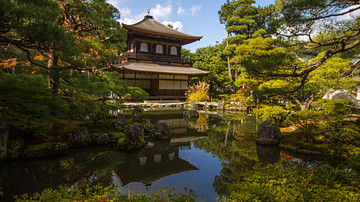
Definition
Ginkakuji
The Ginkakuji Temple in Kyoto, Japan, formally referred to as Jisho-ji and otherwise known as 'The Serene Temple of the Silver Pavilion', was first built in the 15th century CE. It is a Rinzai Zen temple with the complex consisting of the...
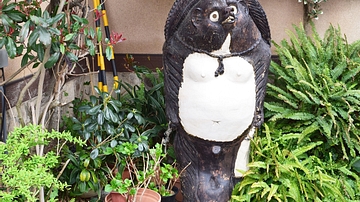
Image
Japanese Tanuki
Statues of the Japanese Tanuki (or Japanese raccoon dog) are found all over Japan, especially around shrines and taverns. The Japanese have many legends about the tanuki, but they are generally believed to be playful and foolish creatures...

Definition
Tale of Genji
The 'Tale of the Genji' or Genji Monogatari, written in the 11th century CE by Murasaki Shikibu, a court lady, is Japan's oldest novel and possibly the first novel in world literature. The classic of Japanese literature, the work describes...

Video
The History of Japanese Green Tea
Did you know that, according to legend, tea came from the eyelids of a monk? Green Tea in Japan has a long history, dating back to the 8th century where it began its importance in the country as a stimulant for meditating monks. In both...

Definition
Seven Lucky Gods
In Japanese folklore the Shichifukujin are the Seven Lucky Gods who may also be known as the Seven Gods of Happiness or the Seven Gods of Good Fortune. The seven gods are in fact of diverse origin as some are originally from Buddhism, some...

Video
Shakespeare's Sonnets: Crash Course Literature 304
This week, we're learning about sonnets, and English Literature's best-known purveyor of those fourteen-line paeans, William Shakespeare. We'll look at a few of Willy Shakes's biggest hits, including Sonnet 18, "Shall I compare thee to a...
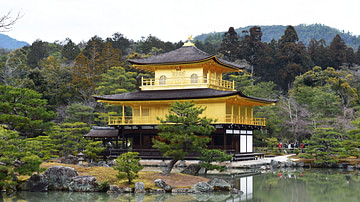
Article
Ancient History Encyclopedia in Japan
The “Ancient Japan” initiative at Ancient History Encyclopedia arose as there is a dearth of open access and digitally curated information concerning early Japanese history available online and in English. East and Southeast Asia are arguably...
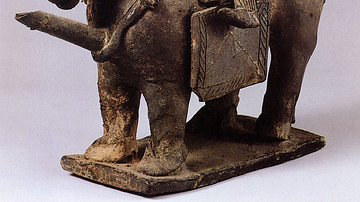
Article
The Horse-rider Theory in Ancient Japan
The 'horse-rider theory' is a controversial proposal that Japan was conquered around the 4th or 5th century CE by a culture from northern Asia to whom the horse was especially important. Although archaeological evidence and genetics point...
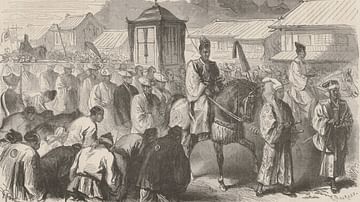
Definition
Meiji Restoration
The Meiji Restoration was a political event that took place in Japan in 1868. In it, the Tokugawa family, a warrior clan that had ruled Japan for more than 260 years, was overthrown by a group of political activists who proclaimed that their...
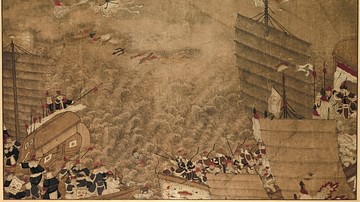
Definition
Wako - The Medieval Pirates of Southeast Asia
Wako (aka wokou and waegu) is a term used to refer to Japanese (but also including Chinese, Korean, and Portuguese) pirates who plagued the seas of East Asia from Korea to Indonesia, especially between the 13th and 17th centuries CE. Besides...